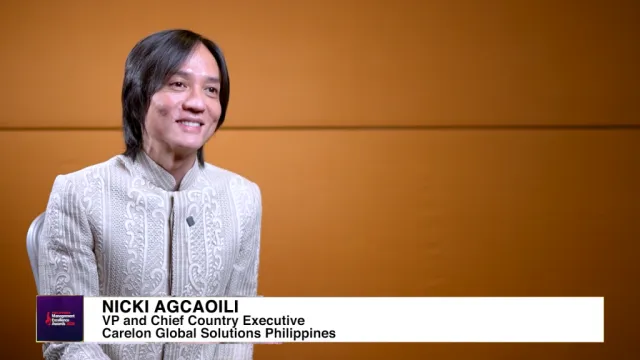
Singapore insurers face rising claims with medical costs set to climb
57% of insurers expect further increases in medical cost over the next three years.
Singapore’s insurers are raising co-pays and deductibles to encourage better cost management as medical costs are seen to rise 16.9% by 2026, WTW said in a report.
WTW added that employers may need to consider measures such as co-payment or co-insurance designs and flexible benefits programmes to help manage rising healthcare expenses.
The projected increase outpaces this year’s 15.5% increase, according to WTW’s 2026 Global Medical Trends report.
The firm said Asia-Pacific will record the highest medical cost inflation globally next year at 14%.
WTW noted that 57% of insurers in the region expect further increases in medical cost trends over the next three years, whilst 42% believe elevated levels will continue for longer. The report shows that cost pressures are unlikely to ease soon.
New medical technologies remain the main driver of rising healthcare expenses, cited by 77% of insurers.
Pharmaceutical advances (63%) and limited cost-sharing mechanisms (51%) were also identified as key contributors.
Cancer continues to be the most expensive condition for insurers, with 58% in APAC reporting it as the fastest-growing diagnosis.
More than 80% of insurers also observed rising cancer incidence amongst people under 40. Cardiovascular, musculoskeletal and diabetes-related conditions are also pushing up claims.
WTW said Singapore’s trend is driven by an ageing population, higher disease incidence, greater early detection, and long-term management of chronic illnesses.
The adoption of new technologies and treatments, as well as higher operating expenses linked to real estate and staffing shortages, are also increasing costs.
The 2026 survey gathered responses from 346 insurers across 82 countries, with combined data covering 91 markets, including 18 in Asia-Pacific.



















 Advertise
Advertise









